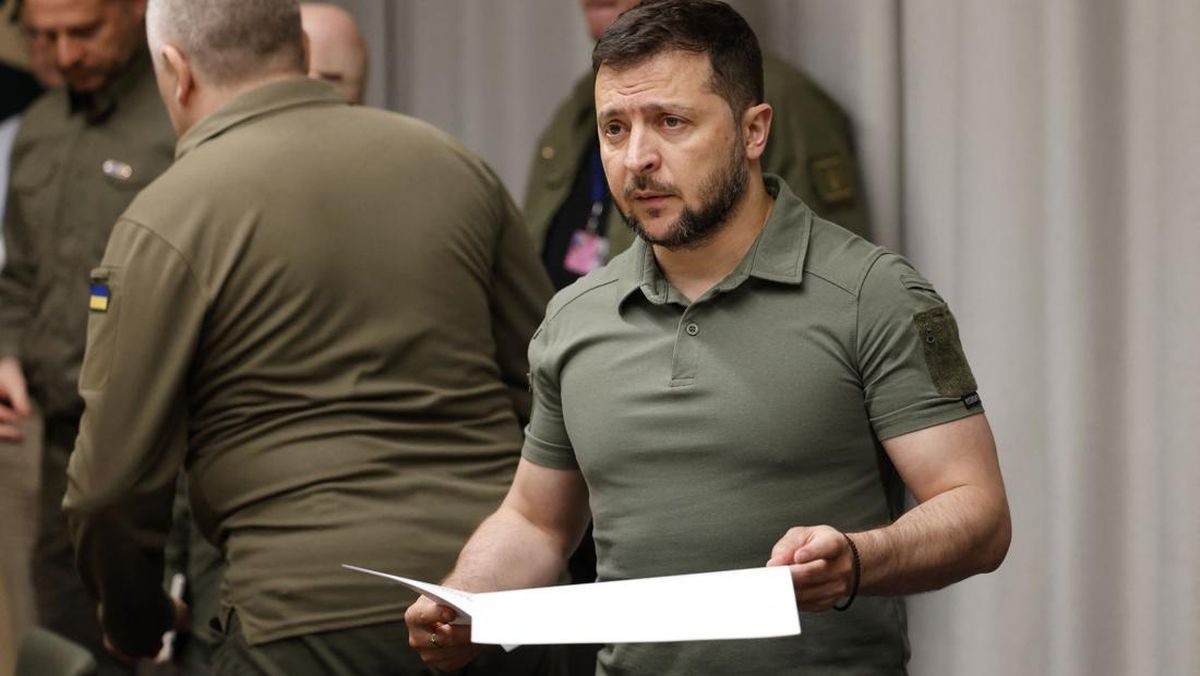
IndependentReport – The European Union convened an emergency meeting on February 17, 2025, in response to recent negotiations between the United States and Russia regarding the Ukraine conflict. The talks, which excluded European nations, have raised concerns about the continent’s security and diplomatic influence. Among the most significant developments is the announcement by British Prime Minister Keir Starmer that the UK is prepared to send troops to Ukraine if necessary, signaling a firm commitment to supporting Kyiv.
The negotiations between the US and Russia have spark frustration among European leaders, who fear that critical decisions are being make without their involvement. Washington’s move to sideline European nations in discussions on Ukraine’s future has heightened anxiety over the region’s stability and long-term security strategy.
French President Emmanuel Macron call for unity among EU leaders, stressing that Europe must not be left out of major diplomatic decisions that directly impact its security. German Chancellor Olaf Scholz echoed this sentiment, stating that any resolution on Ukraine must involve European stakeholders to ensure a fair and lasting agreement.
The emergency meeting, held in Brussels, focused on formulating a coordinated response to both the diplomatic talks and the potential escalation of military involvement. European leaders expressed their concern that a deal struck without their participation could jeopardize Ukraine’s sovereignty and weaken the region’s collective defense efforts.
“Also Read: Learn Basic Methods of Radiation Protection Management Control”
While the EU debates its next steps, the UK has taken a more assertive position. Prime Minister Keir Starmer has stated that Britain is ready to deploy military forces to Ukraine if the situation demands it. Although he emphasized that diplomatic solutions remain the priority, Starmer underscored that the UK would not hesitate to take action should Ukraine require direct military assistance.
This statement comes after increasing calls within the UK Parliament to reinforce support for Ukraine amid fears of further Russian advances. Defense officials in London have indicated that potential deployments could include military advisors, equipment, and logistical support rather than direct combat troops, though Starmer has not ruled out the possibility of a broader military role if conditions deteriorate.
Ukrainian President Volodymyr Zelensky has strongly opposed any peace agreement reached without Kyiv’s full participation. He reiterated that Ukraine must have a decisive voice in its own future and warned against negotiations that could undermine the country’s sovereignty.
Speaking at a press conference, Zelensky emphasized that Ukraine welcomes support from all allies but will not accept a deal that compromises its territorial integrity or security. He also praised the UK’s commitment, stating that London has remained a steadfast ally throughout the conflict.
At the same time, Ukrainian officials have urged European nations to present a united front, stressing that divisions among Western allies only serve to strengthen Russia’s negotiating position. With growing concerns about the implications of a US-Russia deal, Ukraine continues to push for greater involvement from European leaders in shaping the terms of any settlement.
The exclusion of Europe from the latest peace talks has fueled concerns about the continent’s diminishing role in global diplomacy. Some analysts argue that this situation underscores the need for Europe to enhance its strategic autonomy, reducing reliance on Washington in matters of defense and security.
The EU’s emergency meeting resulted in a collective agreement to increase diplomatic efforts to ensure that Europe remains a key player in negotiations moving forward. Additionally, European leaders pledged to enhance military and financial assistance to Ukraine, reaffirming their commitment to countering Russian aggression.
“Also Read: China Expands Global Influence: Military and Political Programs as Key Tools in Africa”